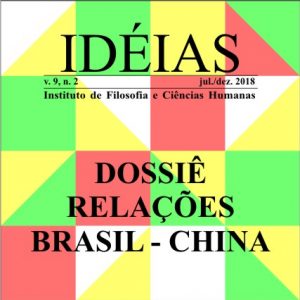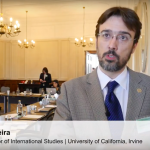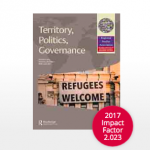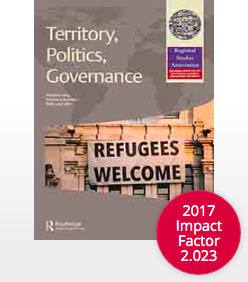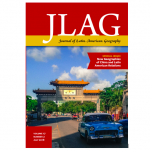How Soybeans (Dis)Connect the US, China and Brazil
Dr. Gustavo de L. T. Oliveira
Visiting Assistant Professor, College of Urban and Environmental Sciences, Peking University
Assistant Professor, Department of Global and International Studies, UC Irvine
May 16, 2019
12:30p.m. – 13:30p.m.
China Agricultural University, East Campus, Democracy Building 240
Soybeans were first domesticated in China thousands of years ago, and they became a truly global commodity through US geopolitical hegemony during the 20th century. But now Brazil surpassed the US to become the largest exporter of this agricultural commodity, which has in China its largest market. So when the US initiated a trade war in 2018, and China responded by raising counter-tariffs on soybeans imported from the US, Brazilian soy exports to China gained even greater geopolitical importance. These connections between China, Brazil, and the US through soy trade are usually treated as a “natural” result of the limited farmland in China in relation to its large population, the abundance of natural resources in Brazil, and the technological advancement of US agribusiness. In this paper, I adopt a political ecology framework to challenge this mainstream view. I reveal the political drivers and ecological contradictions of the global agroindustrial restructuring that connects and disconnects China, Brazil, and the United States through soybeans – and argue that instead of seeing these problems as simple geopolitical struggle between countries, and calling for smoother international soy trade among them, we should shift debate to the underlying class politics and ecological contradictions of transnational soybean agribusiness, which foreclose agroecological alternatives that can strengthen food sovereignty in Brazil, the US, and China alike.
Contact: Fu Chuchu, WeChat ID: wxid_0isvkzb64em522
https://mp.weixin.qq.com/s/U8vz263TJf4y14vBYkuoEA

